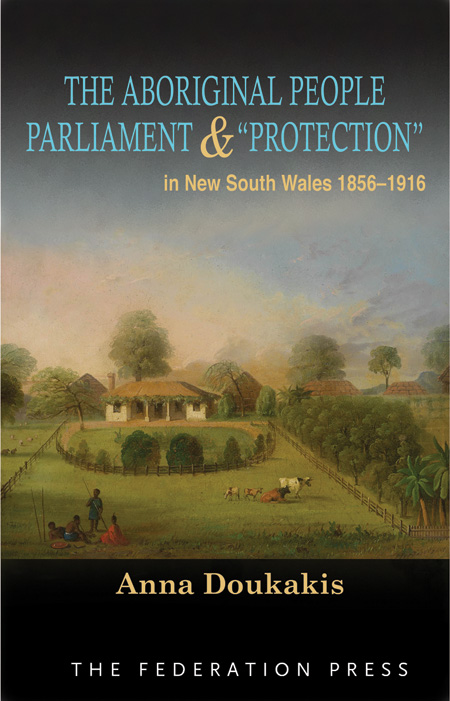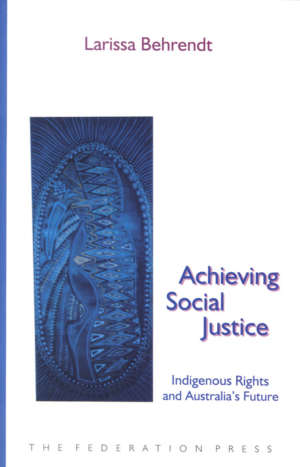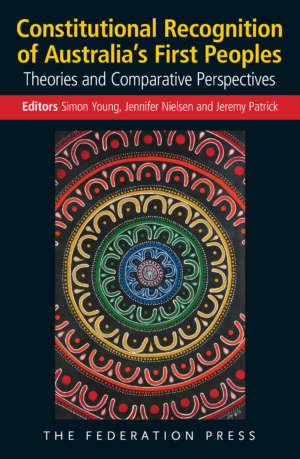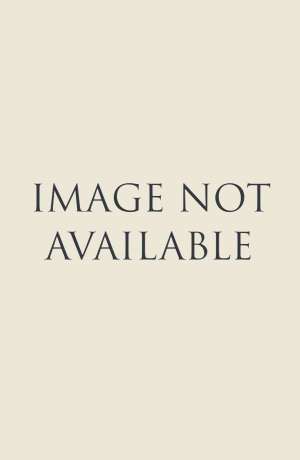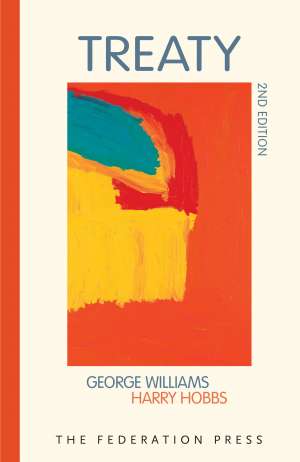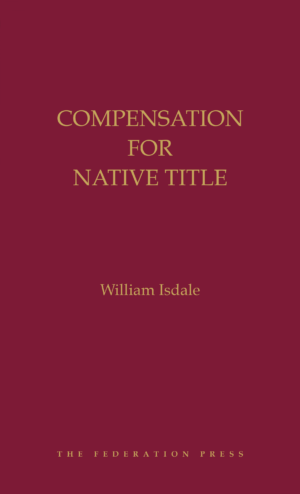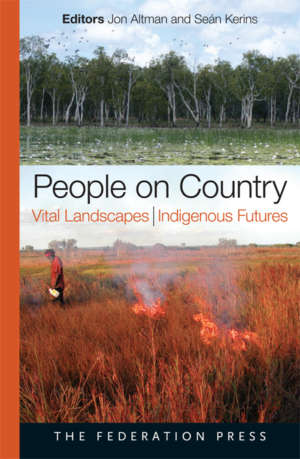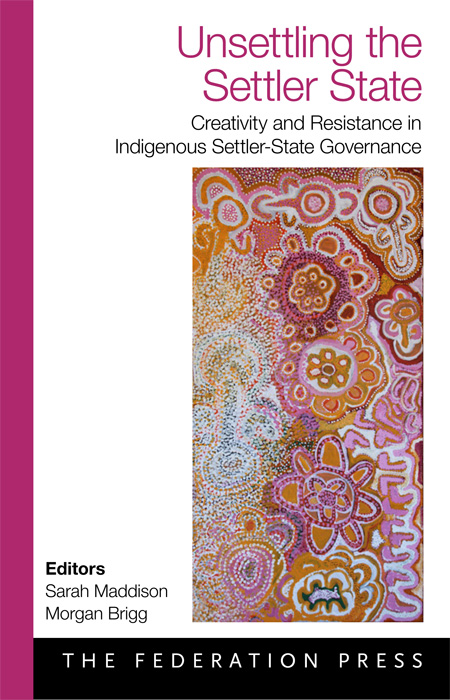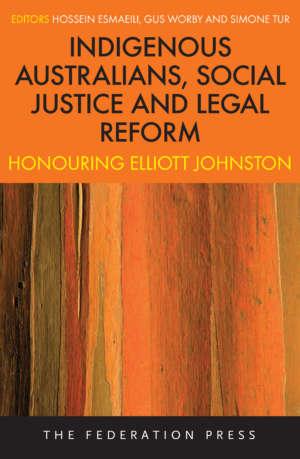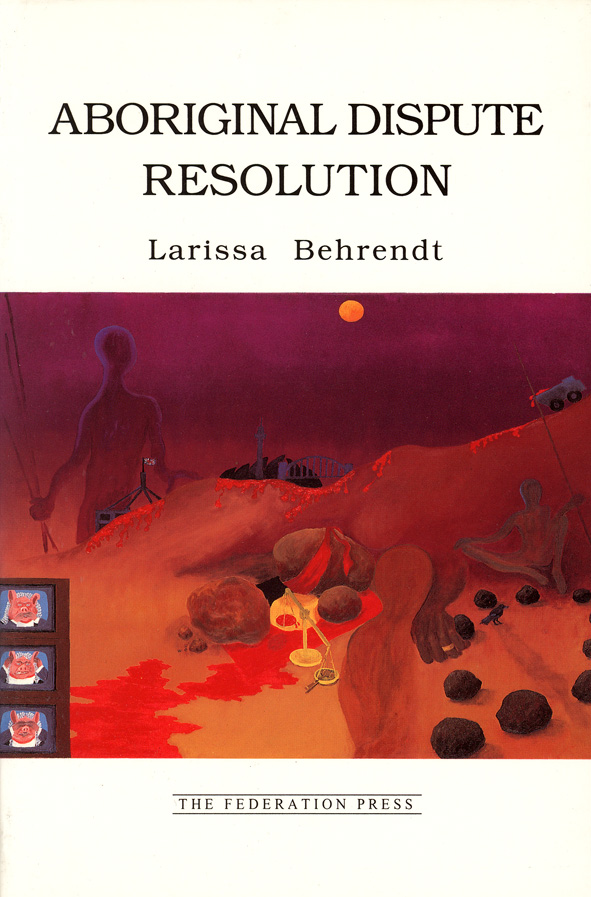Product Description
Doukakis draws upon 60 years of NSW parliamentary debates to investigate early attitudes towards Aborigines, and towards policies and legislation which affected them.
She shows that the men elected to the first democratic Parliament in NSW in 1856, and their successors to 1916, held wide-ranging views on Aborigines. Some even actively supported their inclusion in colonial society. Their debates ranged from the right to vote to the provision of blankets, from wages to the settlement of Aborigines.
The book shows that no one group of politicians dominated policy or debate. This encouraged an openness which most notably enabled Aboriginal participation in the political process. Some politicians spoke in Parliament on behalf of Aborigines who had approached them with their grievances. This openness, and the book, end in 1916, shortly after the NSW Parliament passed legislation empowering the State to remove Aboriginal children from their parents.
By shedding light on the men who made up the NSW Parliament, The Aboriginal People, Parliament and “Protection” in NSW 1856-1916 provides an unusually nuanced picture of parliamentarians and, through them, colonial society.
“I see no reason why we should shut them out from the franchise [of voting]. We have despoiled them of their land, and have robbed them of everything but their euphonious names, and I am sure there is not one person in our midst who would deliberately prevent them from exercising the franchise in their native land. I, for one, will not be a party to any proposal of that kind.”Edward William O’Sullivan, Parliamentary Debates, 12 August 1891
A NSW Sesquicentenary of Responsible Government publication.

